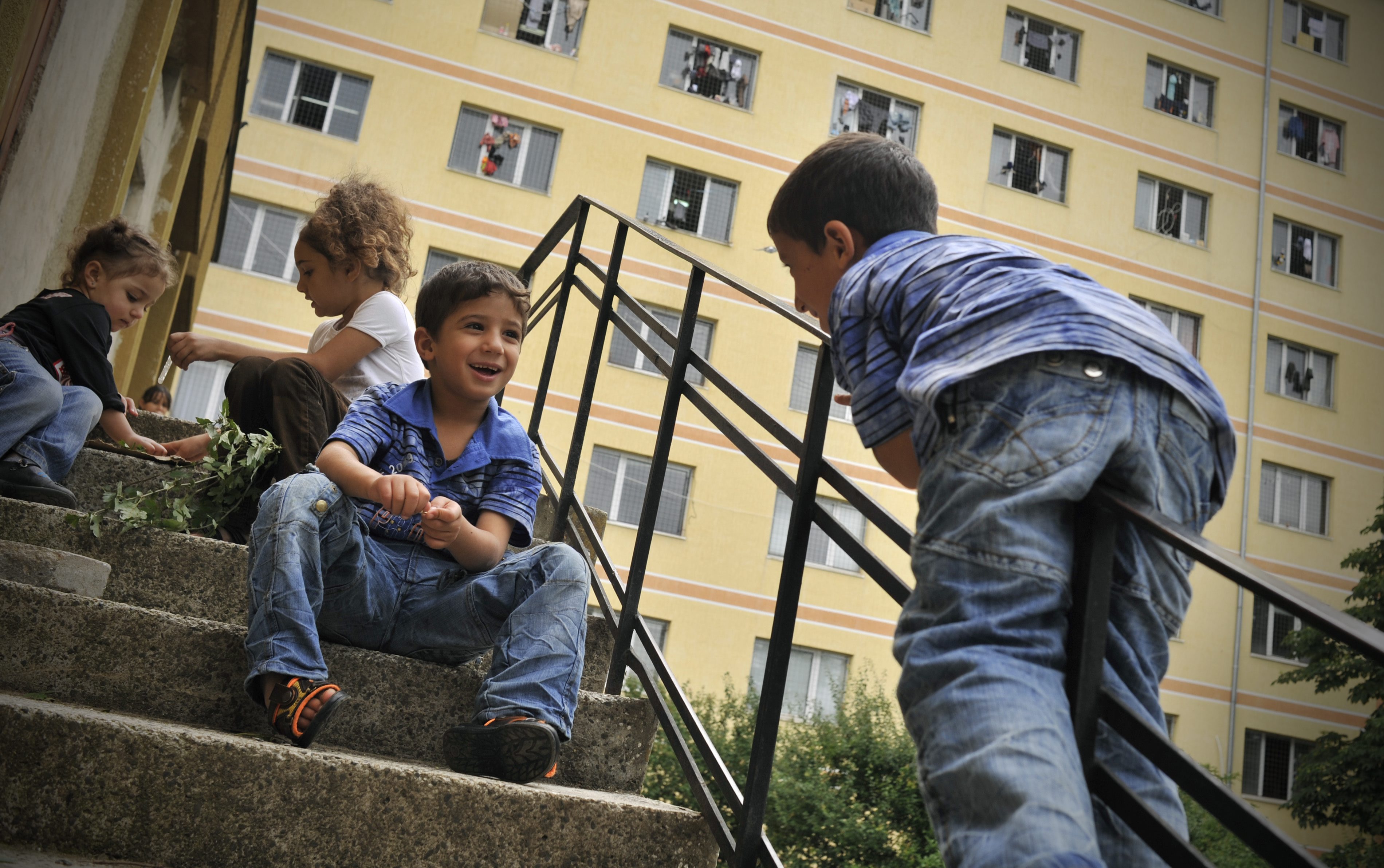No role in North Africa's reception centres, says UNHCR
No role in North Africa's reception centres, says UNHCR

GENEVA, Oct 1 (UNHCR) - The UN refugee agency today clarified that it is not involved in any project to set up five reception centres in North Africa, following misleading reports surrounding the informal Justice and Home Affairs (JHA) Council meeting in Scheveningen, the Netherlands.
On Friday morning, UN High Commissioner for Refugees Ruud Lubbers held a video conference with European ministers attending the meeting to present UNHCR's recommendations for the upcoming European Union multiannual programme in the area of freedom, justice and security.
Soon after, erroneous reports emerged that UNHCR was involved in a European Commission-funded project to set up five reception centres in Morocco, Algeria, Tunisia, Libya and Mauritania.
"This is untrue," stressed a UNHCR press statement on Friday afternoon. "The project which was referred to during the course of the JHA Council meeting is a long-standing proposal made by UNHCR to the European Commission concerning the building or strengthening of asylum systems in North Africa - in other words, promoting legislation, training of officials in refugee status determination, assisting NGOs in building their capacities, etc. Reception centres do not feature at all in this project."
The false reports appear to result from confusion between this long-standing project proposal, which is part of UNHCR's so-called Convention Plus initiative, and entirely separate proposals made by various European ministers over the past few weeks.
Addressing the hot issue in his video conference, Lubbers said that people who have reached Europe and ask for refugee protection should have their claims heard in Europe.
"The creation of a genuine asylum space in North Africa is a long-term goal," he said. "It requires serious institution- and capacity-building efforts, and the active involvement of the affected transit countries. We need to avoid a Eurocentric approach, one which focuses on sending people back."
Much of Lubbers' presentation on Friday, however, focused on UNHCR's inputs on the upcoming European Union multiannual programme, which will essentially determine the EU's legislative framework on asylum for the next five years.
"I hope when the European Council meets on November 5, it will reaffirm - in the clearest possible fashion - its commitment to refugee protection, and to 'the absolute respect of the right to seek asylum', as was done five years ago at Tampere," said the High Commissioner.
Noting that the EU is entering its second phase of building a common asylum system, he appealed to the ministers not to align their policies with the lowest standards allowed by the EU asylum directives agreed during the first five-year phase. Instead, he asked them to devote the necessary resources to ensure the highest possible quality of refugee protection.
"We ultimately need to have a European space for refugees, not a series of national spaces," said Lubbers, stressing the need to help new EU states like Slovakia that have seen a rise in asylum seekers, and to standardise widely-diverging standards for dealing with asylum seekers of the same nationality.
The High Commissioner also appealed to the ministers to do more to build the capacity of countries outside the EU to protect refugees, pointing to UNHCR's "Afghanistan Plus" initiative to make return to Afghanistan more sustainable with help from development actors and financial institutions. The agency is also discussing with host countries the possibility of allowing Afghans to stay abroad as migrant workers who can send money home and support Afghanistan's recovery.
The EU can also work more energetically to find durable solutions for refugees by establishing a European Union resettlement programme, said Lubbers. This would involve a commitment to an annual target going beyond the existing resettlement programmes of member states.
"This would not only help us to find lasting solutions for more of the world's refugees, but it would also contribute to better management of today's migration challenges," said the High Commissioner. "Resettlement can help to reduce irregular secondary movements of refugees and diminish pressure on asylum systems. Of course, proper asylum channels should always remain in place - as is the case in traditional immigration countries that practice large-scale resettlement."
He added that resettlement is also a way of sharing the burden with countries of first asylum. "And, by contacts between our own populations and resettled refugees, we can help to create better understanding of the situation of refugees around the world, and a more sympathetic environment for refugees in our own countries."





